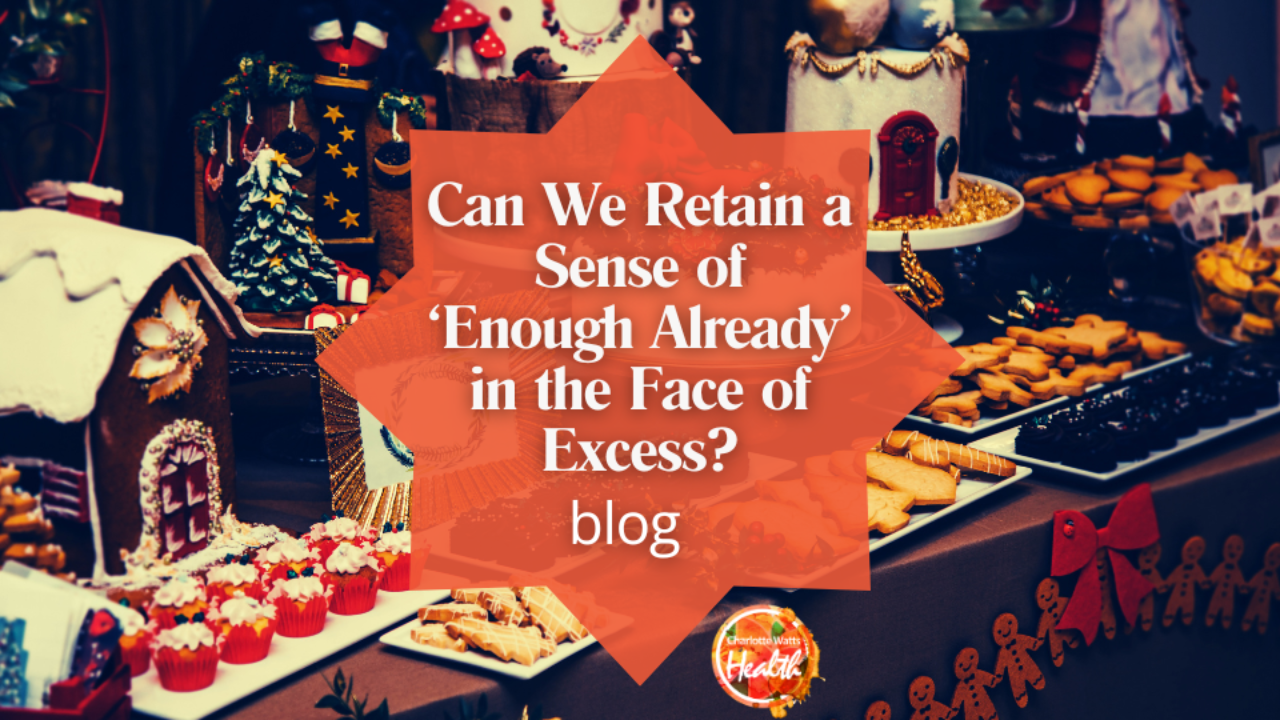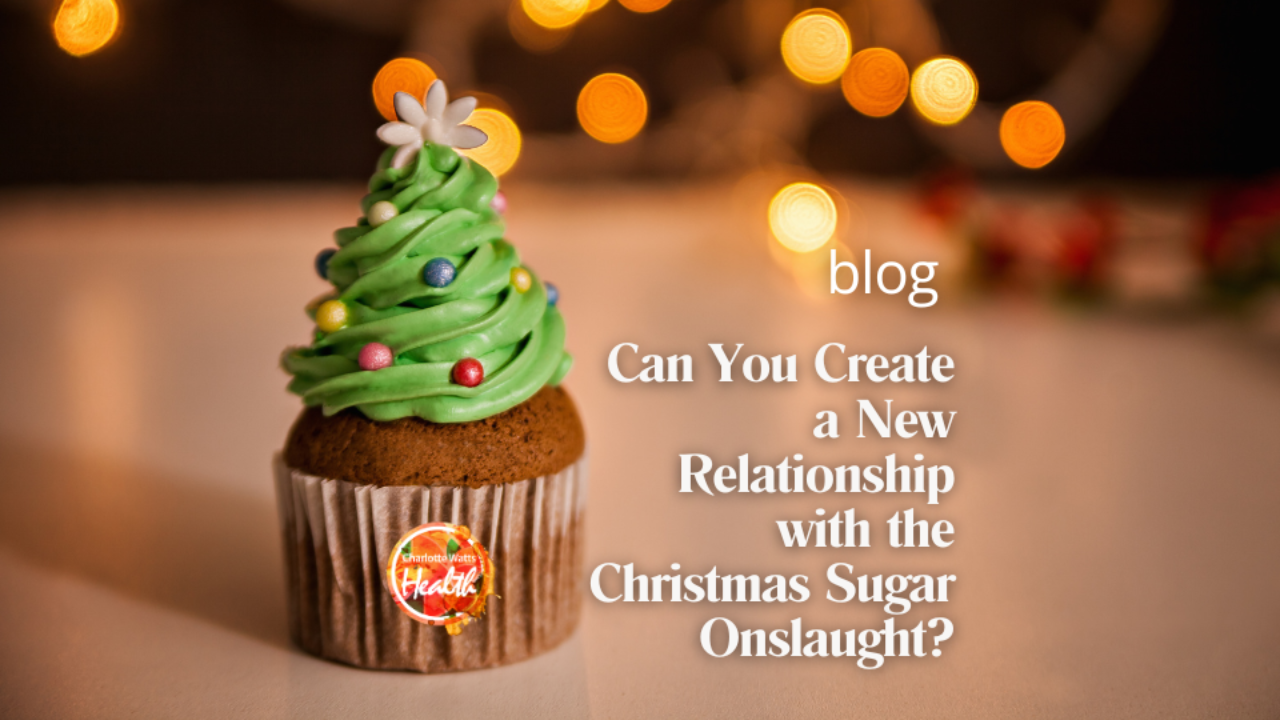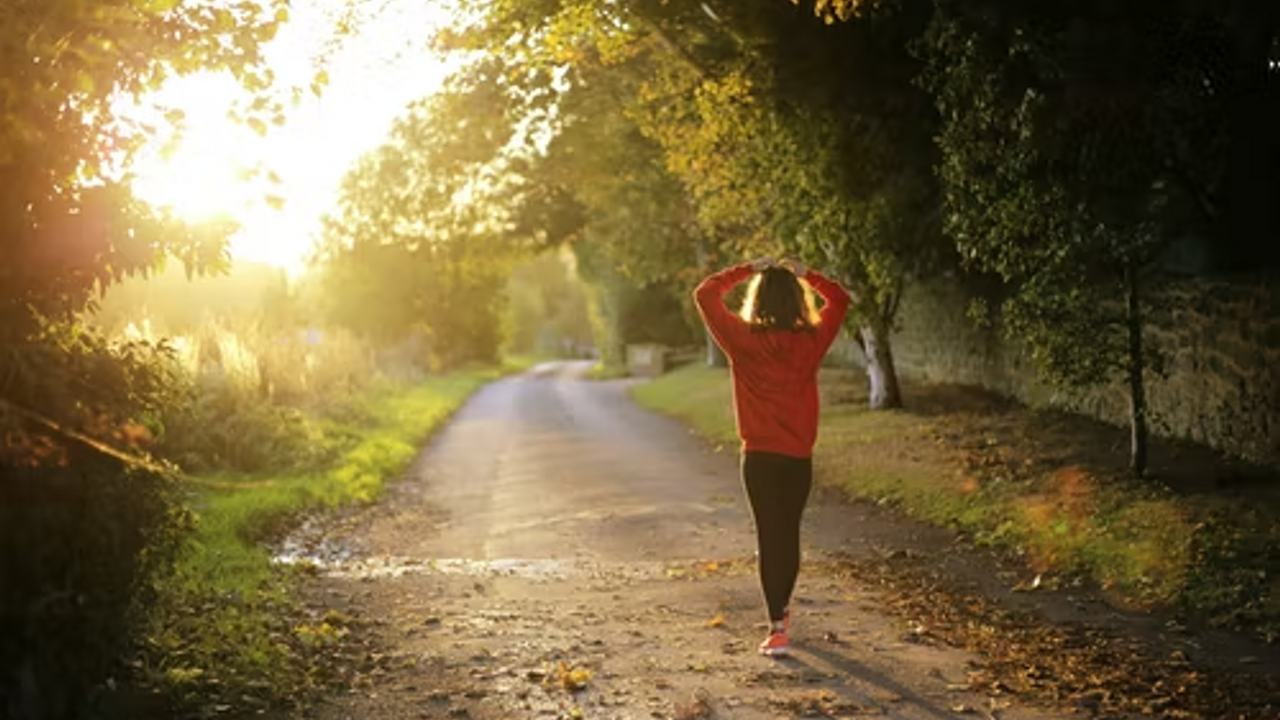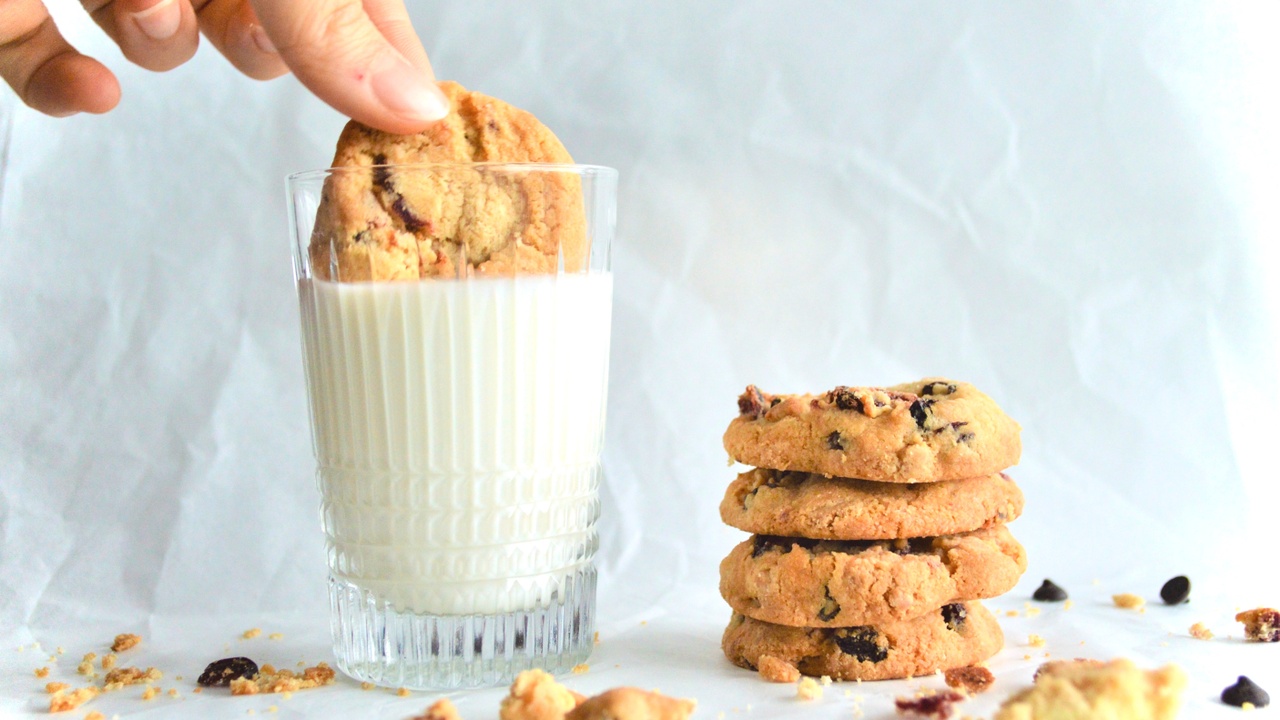It's easy to lose our sense of satisfaction and need-over-want at this festive time, but finding ways to stay connected can make the whole shebang leave a better taste in our mouths in the aftermath...
A big part of Christmas “enough already” can be around the area of food. When everything suddenly becomes adorned and dressed in festive labels, we can lose our connection with its effects in our bodies.
It’s lovely to have a treat, but less lovely when it affects our immunity, energy, mood and digestion in ways we do not enjoy.
How are you feeling about the holidays this year?
 Awareness is always helpful, so the big question at this time of 'the more the merrier' it seems, is can we retain a sense of 'enough already' in the face of such excess? The lead up to the main event is a good time to step back, take stock and see how Christmas or whatever you celebrate is permeating our lives and our expectations.
Awareness is always helpful, so the big question at this time of 'the more the merrier' it seems, is can we retain a sense of 'enough already' in the face of such excess? The lead up to the main event is a good time to step back, take stock and see how Christmas or whatever you celebrate is permeating our lives and our expectations.
Are you dizzy as a child at the thought of Santa’s touchdown or feeling...
Whilst original yuletide feasts were designed to celebrate coming together as communities to nourish and fuel for the coming deep winter months, human’s love of the sweet stuff seems to get a free pass at Christmas. It can even seem conspiratorial when, if you politely decline the stollen cake, you can receive a sideways glance that makes you feel like you’re Scrooge.
Personally, a few years back I reached the limit of feeling like c*&p after each Christmas Day finally arrived – sluggish, head-achy, tetchy and with raging sugar cravings – and longing for when all the so-called ‘Christmas food’ was finally gone. I have a tendency to want to hoover up sugar just to get it out of the way, so this can seem endless with so much around!
 For those of us with sugar-addictive tendencies, constantly having it around can be a major source of stress.
For those of us with sugar-addictive tendencies, constantly having it around can be a major source of stress.
Many of my clients get pretty agitated going to meetings where there are always biscuits and the ‘bonding with sugar’ that is so prevalent...
All sugared-up
With Christmas comes the onslaught of brightly coloured wrappers and decorated boxes adorning chocolates, biscuits and sweets. For some, this represents dietary abandon with the resolution to bring it all round in the New Year.
But some of us have had enough of that swing and prefer not to feel like we’re lurching from a sugared-up state that leaves us feeling sluggish, bloated and, well, a bit dirty, to somehow suddenly having the willpower to give it all up come Hogmanay. So let’s unpick some of those Christmas habits in order to maybe evolve some healthier ones...
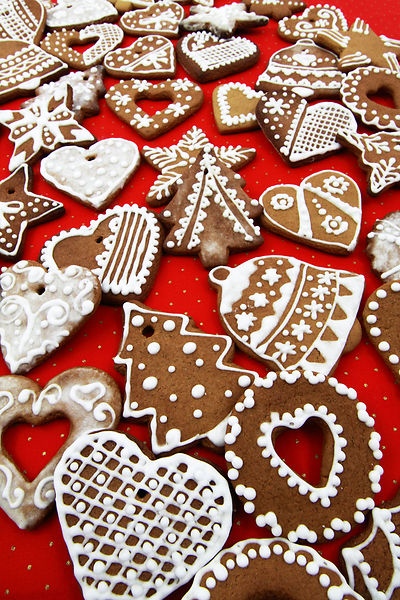 The sweetness of tradition and Its potential traps
The sweetness of tradition and Its potential traps
While original yuletide feasts were designed to celebrate coming together as communities to nourish and fuel for the winter months, human’s love of the sweet stuff seems to get a free pass at Christmas. It can even seem conspiratorial when, if you politely decline the third round of mince pies of the day, you can receive sideway glances that make...
We explore how we’re hard-wired for craving – from sugar to screens – but can develop practical tools to consciously override this primal stress-induced reactivity and find other ways of self-soothing.
Desire and aversion
From the moment we are born, we seek what gives us pleasure - it is deep within our primal make-up to desire and to use this as motivation to seek and obtain what we need. As babies, reaching to suckle provides the impetus to self-coordinate and move to find nourishment – and our first reward for such behaviour, the sweetness of milk, sets up associations that we take through life.
As we grow, quick-fix foods are often wired into our neural networks as this comfort or reward, so deeply sown into the wiring and internal drives of what soothes us. These might replicate this first sweet taste, or we can shift towards other substances (or behaviours) that complete such loops – bringing us back down to relief when we feel agitated, overwhelmed or in the face of di...
We humans are wired to have neurological changes to the differing substances that can enter our bodies. Whether that is a dopamine rush from a sugar high, a glass of wine, an opioid medication, cigarette or stronger substance, these are varying degrees of changes in biochemistry that can have us coming back for more.
Whether our habitual and often compulsive behaviour patterns and use of food, drink, drugs (or behaviours like gambling, shopping, TV, excessive exercise or sex) wander into addictive territory can be subjective. When is a passion for good wine a mask for an alcohol problem or when does a cycle of pain create a dependency on pain medications for example? There is much debate whether sugar is addictive, but those caught in its thrall certainly struggle to give up and feel acute symptoms of withdrawal when they avoid it.
The definition of addiction (Miriam-Webster) states that addiction is “Compulsive, chronic, physiological or psychological need for a habit-forming substa...
It is part of our human condition to seek and want; desire is part of our motivation dynamic. As babies we first feel this when the desire to reach a toy or procure some food provides the impetus to learn to roll over or cultivate eye-to-hand coordination.
In this article, I will mainly discuss cravings for sugars and sweet foods, but many of the mechanisms and cycles described can equally apply to anything we crave. Not just food stuffs, but also general ‘stuff’ – having more, seeking and acquiring (think window shopping or Ebay trawling!) – in an attempt to fill a void or distract ourselves from being with uncomfortable feelings and emotions. They are also the roots of any addictive behaviour, from smoking to over-working, from alcohol to over-exercising, any behaviour of excess or that we feel ‘normalises’ us, can be examined from a few angles that can help free us from acting on our impulses and feel we have the liberation of choice.
The blood sugar connection
Cravings of any ki...
January is a time of new beginnings and even recalibration – taking stock of the aspects of our lives where we go awry and find ourselves going round and round in circles.
So much of where we can get stuck is based on old survival strategies learnt in early childhood and listening to these inner voices of what we need to feel safe and secure is a key part of moving through life in a stress-free way.
The more we can let ourselves off the hook of expectation and recognise our true needs, the less self-judgment we need to throw up and the kinder we can be to ourselves.
This is the stuff that can help us be free our reactions and behaviours that we might be fed up with with; turning to sugar or alcohol when we’re stressed, arguing with our partner or feeling a mental and physical exhaustion that stops us from exercising in the way we’d like.
For instance, my ‘resolutions’ last year were:
1. Notice when I’m close to or have become overwhelmed and respond…
2. Work less and only do what I...
Happy, regulated mood is where life can feel most calm, easy and enjoyable. Yet many often feel in the grip of a rollercoaster rise of emotions, inner criticism, worry and self-doubt. These can include periods of low mood that can make existing daily feel extremely difficult and even downright exhausting.
Whether this falls into a label of ‘depression’ or not, from a holistic point of view, there are some key potential underlying causes that may offer potential change in how we view ourselves and the world. Attending to the self-care we need to be able to cope and find a more positive outlook can in turn allow us to participate in activities that we know elevate our mood. Humans have a naturally raise in mood and motivation via the reward neurotransmitter dopamine when we do anything that propagates survival of the species; eat, drink and exercise, but as pack animals, also through group bonding and cooperation, so group activities, sports, talking, eating together and touch all help ...

